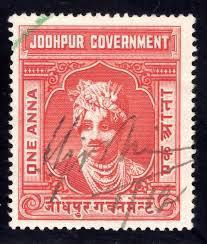Shankaracharya Jayanti is a Hindu festival celebrated to honor the birth anniversary of Adi Shankaracharya, a revered philosopher, theologian, and spiritual leader who lived in India during the 8th century CE. Adi Shankaracharya is credited with revitalizing and unifying various sects of Hinduism through his teachings and philosophical works.
Shankaracharya Jayanti typically falls on the fifth day (Panchami) of the waxing moon (Shukla Paksha) in the Hindu lunar month of Vaishakha, which usually occurs in April or May according to the Gregorian calendar.
On this day, devotees and followers of Adi Shankaracharya commemorate his life and teachings through prayers, devotional songs, discourses, and readings of his philosophical texts, such as the Prasthanatrayi (the Upanishads, Bhagavad Gita, and Brahma Sutras). Special ceremonies and rituals may be held at Shankaracharya's temples and monasteries across India.
Adi Shankaracharya is revered for his Advaita Vedanta philosophy, which emphasizes the non-dual nature of reality (Brahman), the unity of the individual soul (Atman) with Brahman, and the ultimate goal of self-realization or spiritual liberation (Moksha). His teachings continue to influence Hindu thought and spirituality to this day.
Shankaracharya Jayanti serves as a time for devotees to reflect on the profound wisdom and spiritual insights of Adi Shankaracharya and to reaffirm their commitment to the path of knowledge (Jnana Yoga) and self-realization. It is a celebration of the enduring legacy of one of the most influential figures in Hindu philosophy and spirituality.









